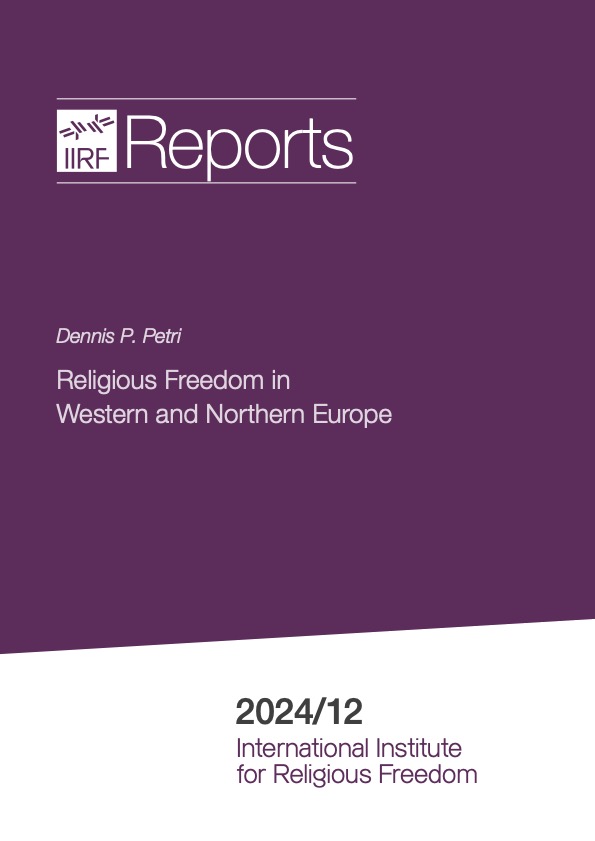Historically, the notion of religious freedom emerged in Western and North- ern Europe (WNE). Drawing on earlier philosophical writings, religious freedom became an essential building block of the modern state through the Peace of Westphalia (1648) and successive agreements, which effectively put an end to the Wars of Religion, which were wars between Catholics and Protestants during the sixteenth, seventeenth, and early eighteenth centuries. From this his- torical perspective, the gains that have been made in the struggle for religious freedom are immense. European citizens today enjoy a high level of religious freedom, which stands in stark contrast to the Wars of Religion and the more recent National Socialist regime in Germany. Today, Europeans are free to prac- tise their religion or belief, and discrimination based on religion is prohibited. Overall, there is a much greater degree of religious diversity and tolerance in European societies than ever before.
